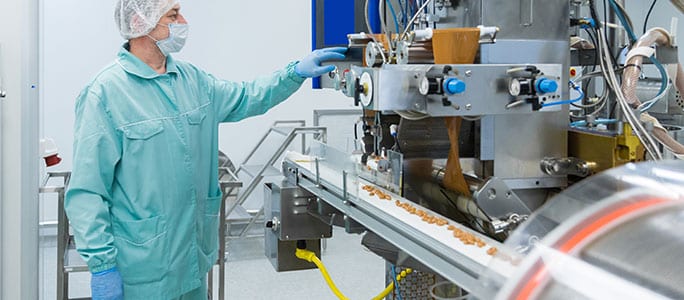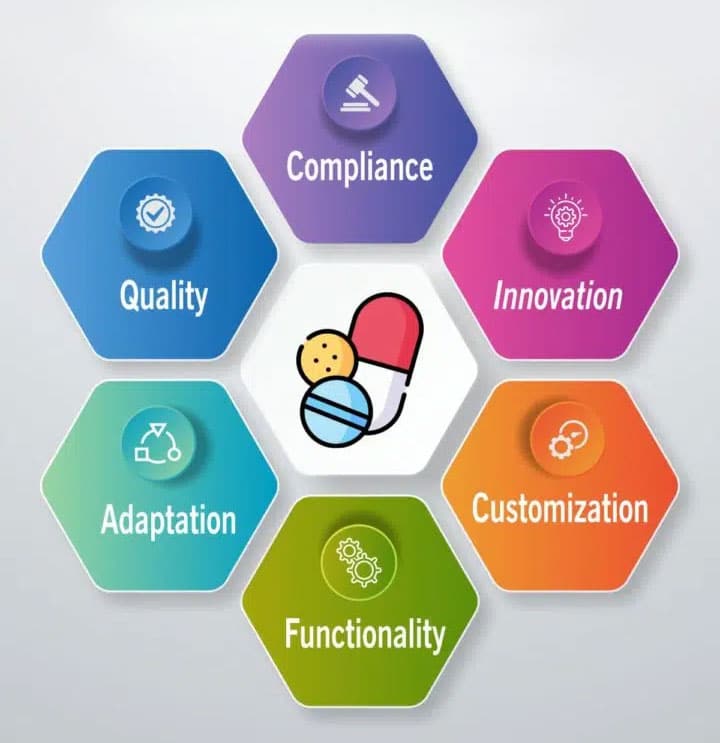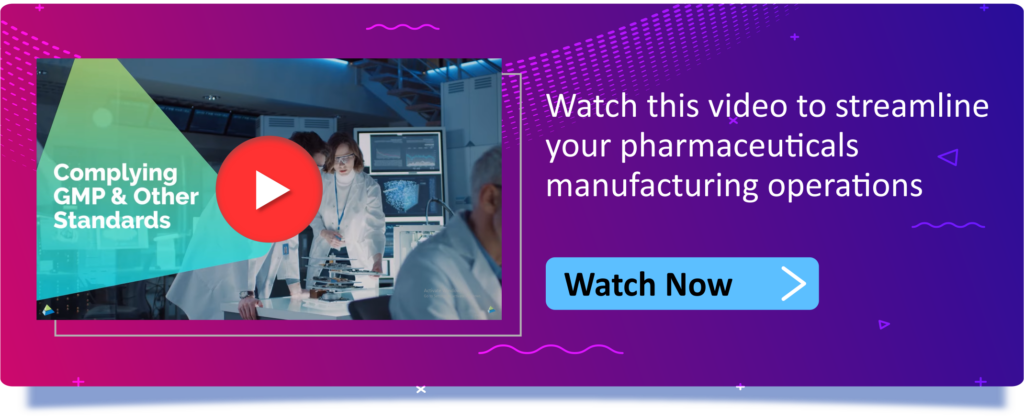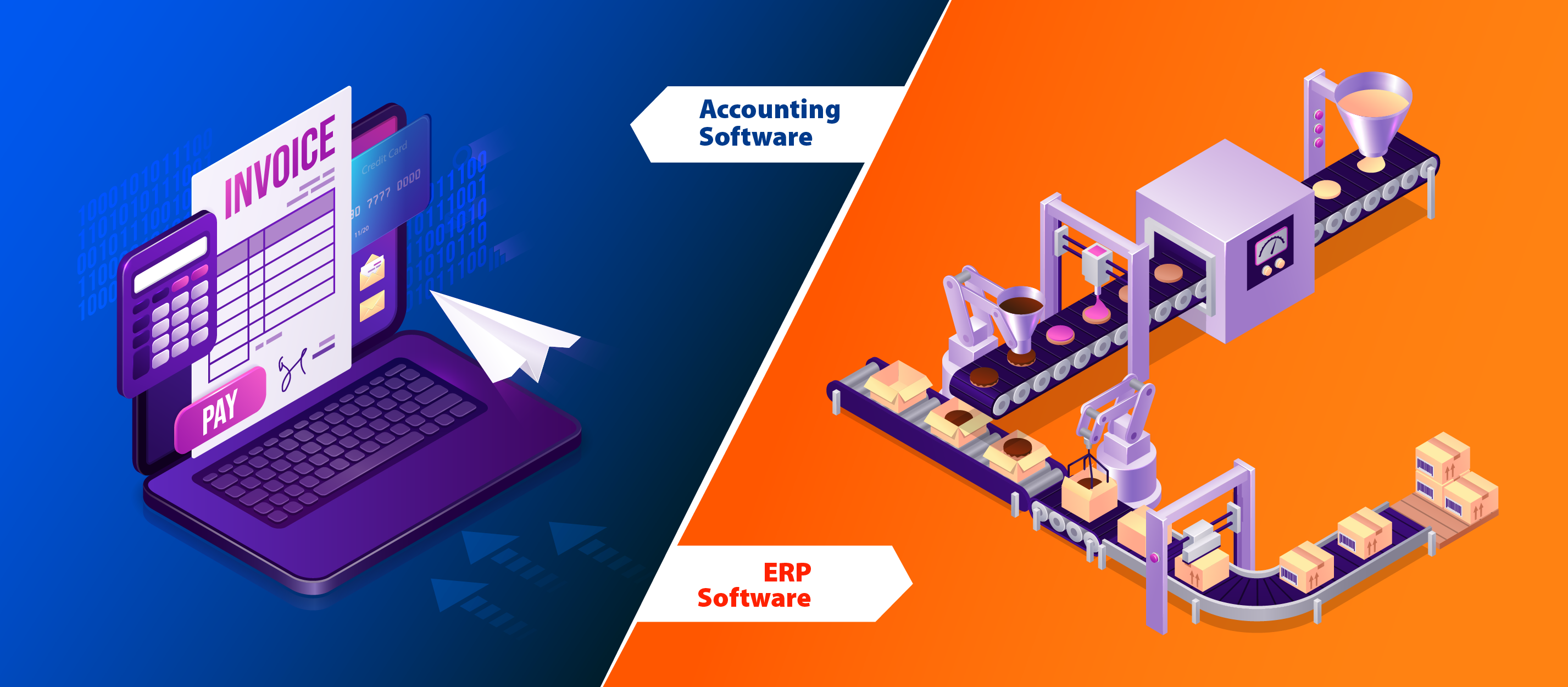
Overview
While the end of the pandemic is here, the COVID-19 virus is now a part & parcel of our lives. On the outside, COVID-19 looked like a profitable event for the pharmaceutical industry. However, this is not true for every pharmaceutical manufacturer across the globe.
For many, profits were restricted due to widespread supply chain disruptions, increased drug fraud and rising generic competitors.
Besides, since very few succeeded in getting approvals for their vaccines, the opportunity cost left most manufacturers with a scarcity of funds.
Another challenge for the industry is the excessive and uncontrolled usage of antibiotics, which has resulted in an increased antimicrobial resistance (AMR) in the general population.
It is proving to be an excessive liability for the pharmaceutical industry that is already burdened with finding cures for life-threatening diseases and preventing the spread of new viruses.
As a result, the industry (as a whole) is having to spend more than 15% of their net sales towards new drug discovery and development.
It is argued that companies using ERP software were able to endure COVID-19 risk events better. Industry observers concluded that Pharma ERP Software can (actively or passively) solve most of the industry’s problems with dedicated functionalities for innovation support, inventory control, quality management, compliance administration & other industry-specific endeavors.
This blog will highlight the shortcomings of generic ERPs and the need for an industry-specific ERP in pharmaceutical manufacturing.

Generic v/s Industry Specific ERP
Broadly speaking, ERP or enterprise resource planning is a collection of separate but inter-dependent modules for business activities like production planning, procurement, inventory, manufacturing, compliance, finance, sales & marketing, etc.
The single-yet-shared database of an ERP ensures complete process integration i.e. an action triggered in one module updates the status of related processes and materials in all the other modules.
Now, when we look closely, we find two different types of ERP – Generic and Industry-specific. Generic ERP software are universal in nature, providing the same set of modules and features to every manufacturer, irrespective of their industry.
Whereas, industry-specific ERP solutions are curated for industry verticals and their unique micro-verticals with relevant operational features. Industry-specific ERPs don’t require a great deal of customization, as industry standard practices are already baked in.
The lack of industry expert guidance can make generic ERP software vulnerable to process mismatch.
On the other hand, industry-specific solutions are based on industry insights and hence offer a variety of alternatives to redundant business practices.
Generic ERP software can include some unnecessary features that result in slow performance. Whereas, industry-specific solutions exclusively include only the most essential industry features, thus making the software light and fast.

Why Industry-specific ERPs are a better fit
The specific nature of pharmaceutical operations requires hands-on industry knowledge. For instance, industry specific ERPs allow manufacturers to define products as Capsules, Tablets, SoftGel or Syrups, which might be difficult or impossible with a generic ERP system.
Also, industry-specific ERPS like Pharma ERP software are built to understand the pharma-specific procedures such as milling, compounding, granulation, hot melt extrusion, etc. as opposed to a generic ERP solution.
The measurement of pharmaceutical quality control metrics is much more convenient on an industry-specific ERP. Drug properties like bioavailability, strength, solubility, stability and permeability can easily be quantified on a Pharma ERP software.
A generic ERP might or might not have this kind of functionality. Further, the presence of a pre-installed pharma specific compliance management module in an industry-specific pharma ERP tips the scales in its favor.
Advantages of Industry-Specific ERP in Pharma

Considering the above mentioned points about generic ERPs, it should be clear that pharmaceutical manufacturers should implement an industry-specific pharma manufacturing software.
We have explained the advantages of a Pharma ERP software over a generic ERP software below:
Customization –
The pharma manufacturing process is unique in so many ways that a generic ERP would naturally require extensive customizations which can destabilize the software product in some cases.
Whereas, industry-specific ERPs are tailor-made to encapsulate all pharmaceutical manufacturing workflows.
If you take physical properties as an example, a pharma ERP software has built-in capabilities to support the production of tablets, capsules, powders, SoftGel, syrups, liquids, etc. without requiring any customization.
Innovation –
In a research oriented field such as pharma, R&D and formulation holds paramount importance. An industry-specific Pharma ERP can ensure formula security with restricted access.
Contrary to a generic ERP, it can assist the manufacturer in the process of formula approvals and patenting.
The understated benefits of formula sizing and multiple packaging options are also vital to pharmaceutical companies. QC tests can also be embedded at every step into the formula itself.
Adaptation –
An industry-specific ERP is built around industry best practices and follows workflows designed specifically for the pharma industry.
It includes business functionalities and occupational terminologies that are exclusive to pharma companies, helping manufacturers to internalize the system swiftly and conveniently.
Faster implementation and quicker adaptation saves both time and cost, also resulting in minimum productivity loss. Therefore, industry-specific pharma ERPs are faster in terms of generating a substantial ROI, as compared to generic ERPs.
Functionality –
The presence of irrelevant functionalities (in generic ERPs) is counter-productive and the absence of industry-specific functionalities is simply frustrating for a pharma manufacturer.
There is no time to spare in a hyper functioning industry like pharma and therefore, manufacturers should opt for an industry-ready ERP which has all the required features baked into it.
For example, many functionalities like opportunity analysis, MBR/BMR, lot strength, etc., functionalities may be included in a pharma ERP software but absent from a generic ERP.
Quality –
Pharmaceutical manufacturers need a robust quality control infrastructure to ensure that every product has the exact amount of active ingredients.
A pharma ERP software lets manufacturers prevent issues according to NC/CAPA, leading to cost-effective production, increased quality control and enhanced delivery performance.
An industry-specific ERP manages all traceability regulations and helps combat counterfeiting. It also secures brand authenticity, along with ensuring quick resolution of recalls and claims.
Compliance –
Only an industry-specific ERP can understand pharma industry’s environmental and regulatory requirements.
It ensures that the business follows cGMP norms and meets all the local & global regulatory compliances such as the FDA CFR 21 Part 11, Bio-terrorism, etc.
Features involving the execution of SOPs, customer-centric COA, approval controls and generating BMR plus MBR make compliance easier.
An industry-specific ERP creates a business model which adheres to all the industry rules and government regulations closely, something a generic ERP can’t do.
An industry-specific ERP can simplify efforts at every touch point, from manufacturing to delivery.
Pharmaceutical producers can track raw materials, keep track of inventories, plan packaging, and do a lot more.
Businesses can also employ these technologies to increase overall profitability and operational insight. BatchMaster ERP is an industry-specific pharma ERP software that streamlines workflows, optimizes processes and enhance productivity.
To know more about our offerings, click here.




















